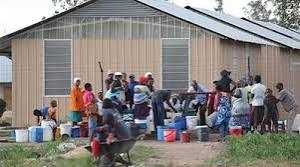
Philemon Jambaya
Zim Now Editor
The morning sun casts long, indifferent shadows over the sprawling township of Chitungwiza. As the town stirs to life, a silent crisis unfolds. For Prince Saunyama, a 17-year-old with dreams of soccer stardom, the day begins not with a whistle and a cheer, but with a desperate scramble for survival.
Instead of lacing up his boots for a dawn training session, Prince finds himself jostling for position in a growing queue at the communal borehole. The once-reliable tap in his home in St Marys is now a relic of a bygone era. “I wake up at 5am and join the queue,” he sighs, his voice heavy with frustration. "This is when I should be out running with my mates."
For Prince, and countless others in Chitungwiza, the simple act of fetching water has become a consuming ordeal. Gogo Mandaza, a seasoned resident of Zengeza 1, echoes the sentiment. "My days are spent at the borehole," she says, her voice tinged with weariness.
The Chitungwiza City Council, the supposed guardian of its residents' well-being, has been conspicuously absent in this battle for survival. For over eight months, the promise of running water has been as elusive as a mirage. When the taps do mercifully open, it's a fleeting respite. Residents stockpile water like treasure, knowing that the next drought is just around the corner.
Related Stories
Those unable to endure the grueling queues turn to desperate measures. Munashe Mataranyika, a fellow soccer enthusiast, spends a significant portion of his income on bottled water. "It's a luxury, not a necessity," he says bitterly. The emergence of water "barons" has further exacerbated the crisis. For a princely sum of US$1, residents can purchase a mere 20 liters of water – a drop in the ocean of their daily needs.
But the crisis extends far beyond inconvenience. It’s a matter of life and death. In 2008, Chitungwiza was the epicenter of a cholera outbreak, a stark reminder of the deadly consequences of poor sanitation. Now, with overflowing toilets and contaminated water sources, residents live in constant fear of a repeat.
Mary Munyuki, a resident of St. Mary's, speaks with a tremor in her voice. "We are living in a desperate situation," she says. "Our toilets are overflowing, and there's no running water. Weeks go by without a single drop!" Her words are a haunting echo of the suffering endured by countless others.
As the sun sets on another day in Chitungwiza, the community is left to grapple with a crisis of epic proportions. While the world watches, the people of Chitungwiza continue their daily battle for survival, their hopes and dreams drowned in a sea of uncertainty.
Chitungwiza Residents Trust Director Alice Kuveya says the Council has failed to address the water crisis. "The issue of water is a serious one in Chitungwiza and it’s unfortunate that the government is not doing anything pertaining to constructing our own source of water which is Muda dam and now we have got water barons, selling water," she said.
Kuveya added that the water being sold by water barons is likely not purified, posing a health risk. Residents, especially women and young girls, are facing abuse while queuing for water at boreholes, and some boreholes are being politicized with committees demanding money.
Despite a 2021 court order compelling the council to provide water tanks at designated points, the situation remains unchanged. Overflowing toilets and burst sewers are common occurrences, highlighting the council's negligence.











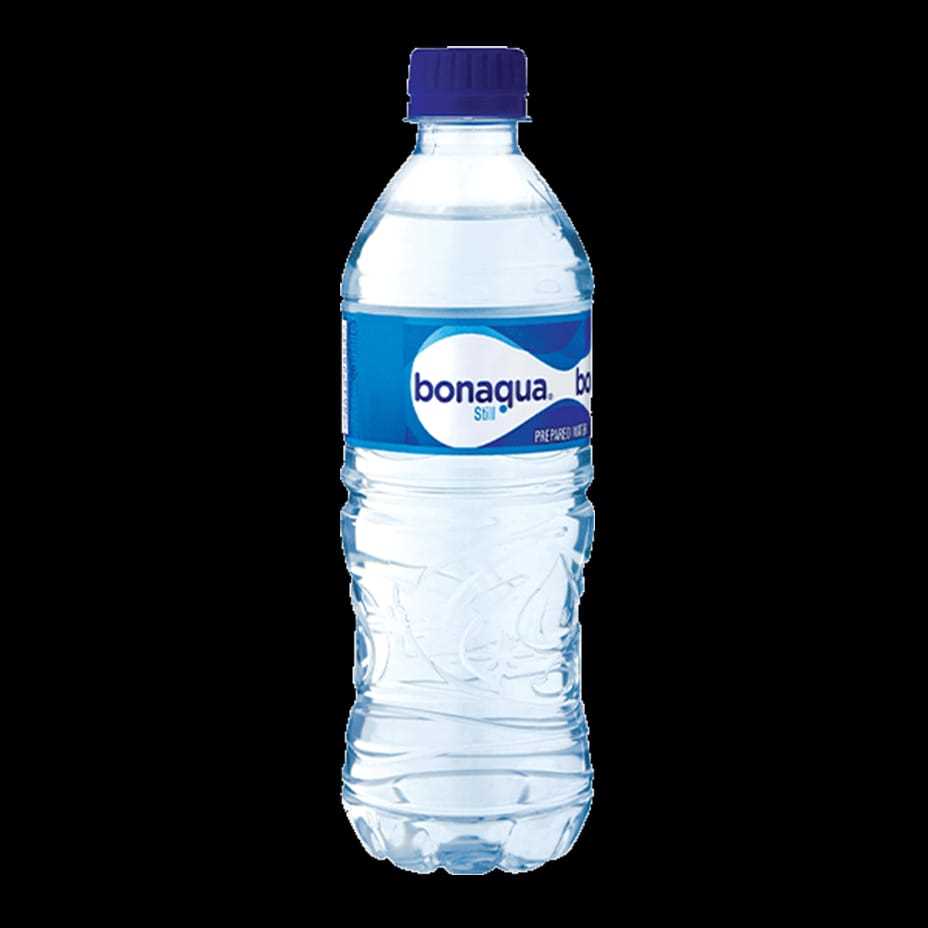
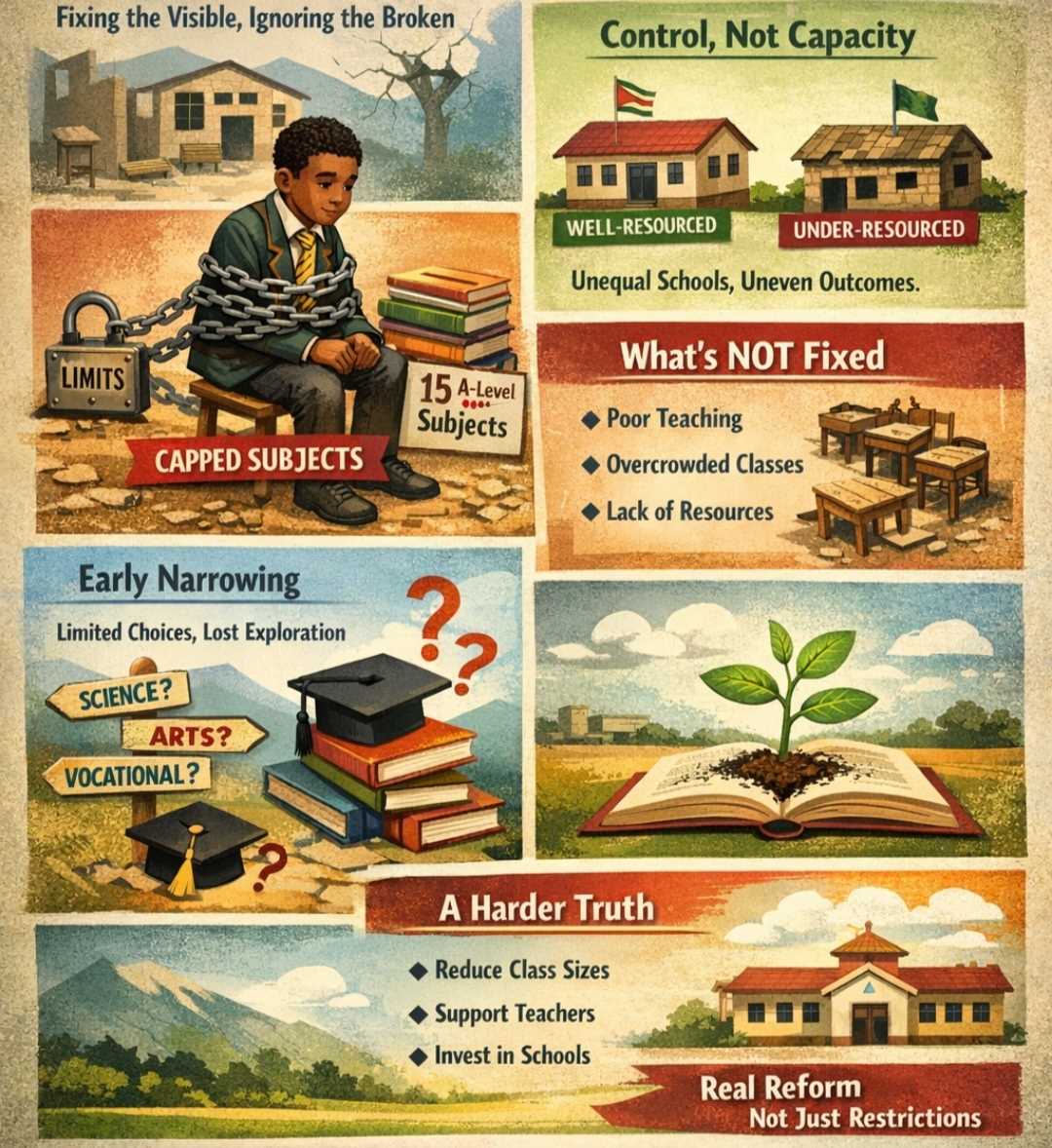

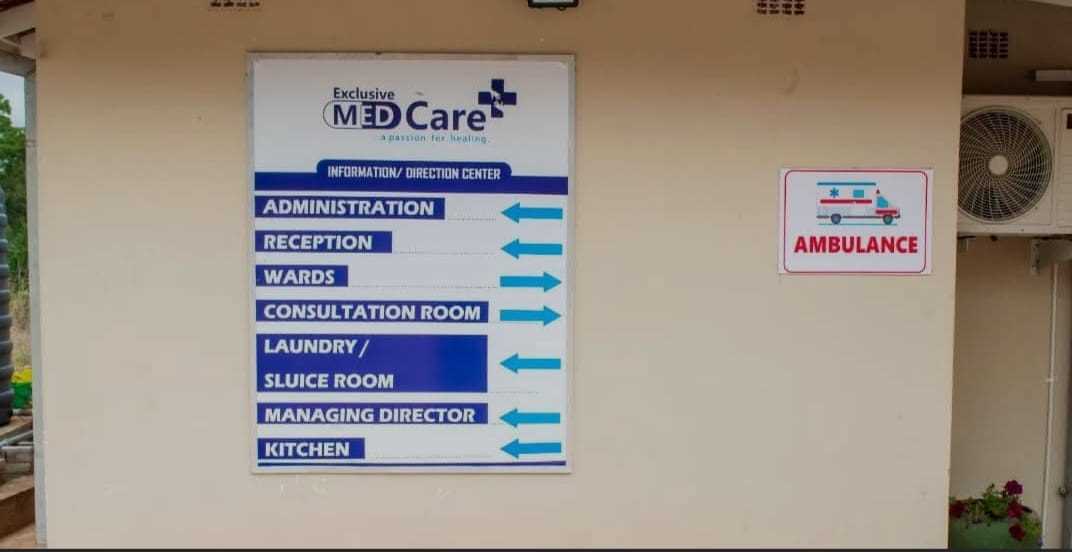
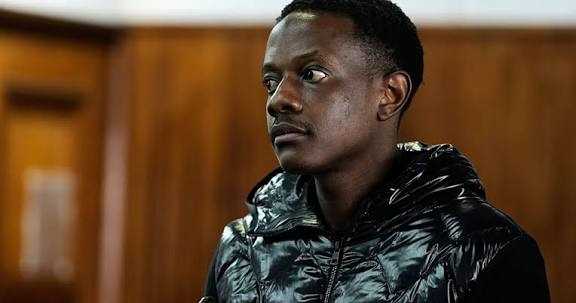
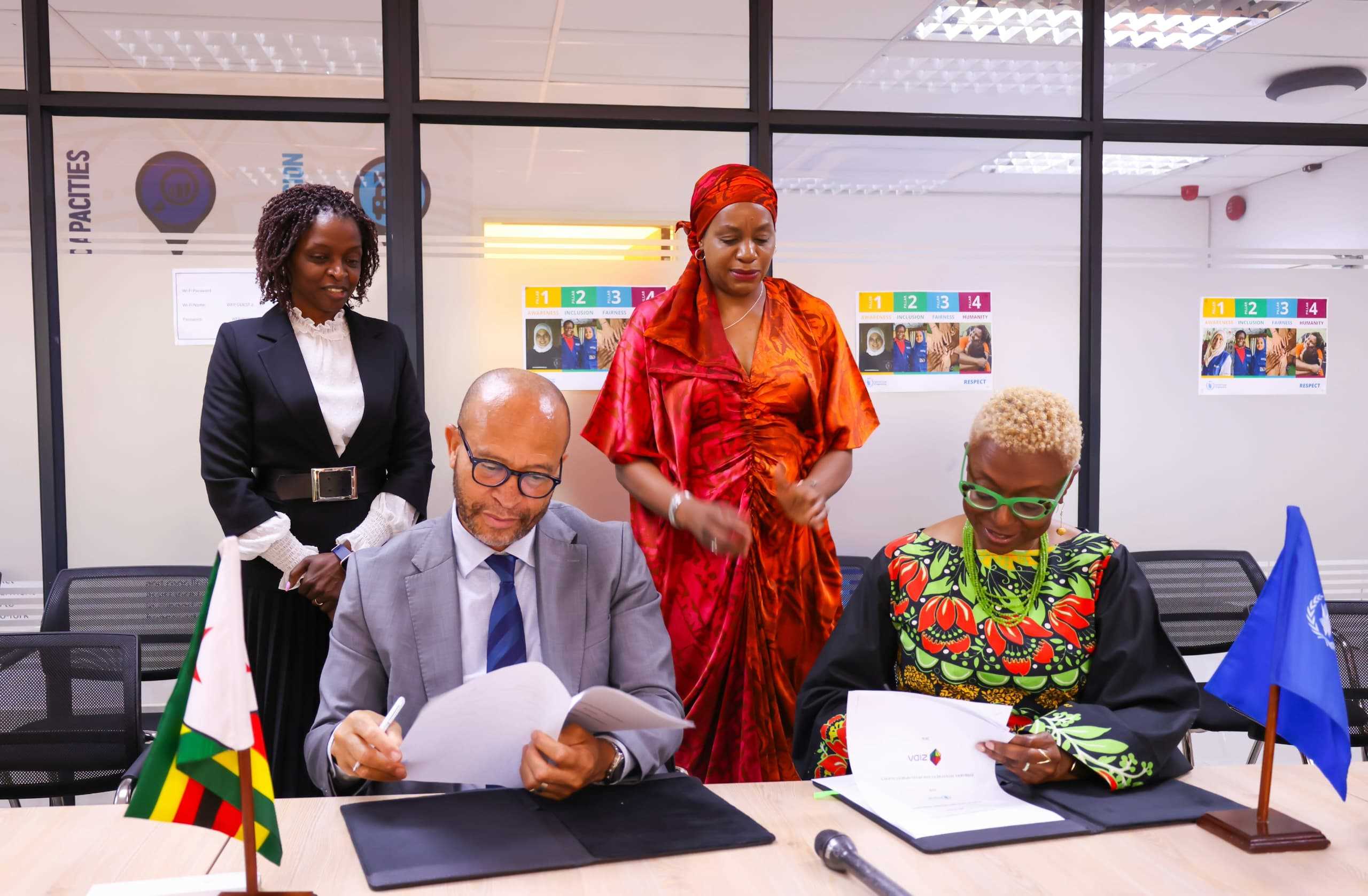


Leave Comments